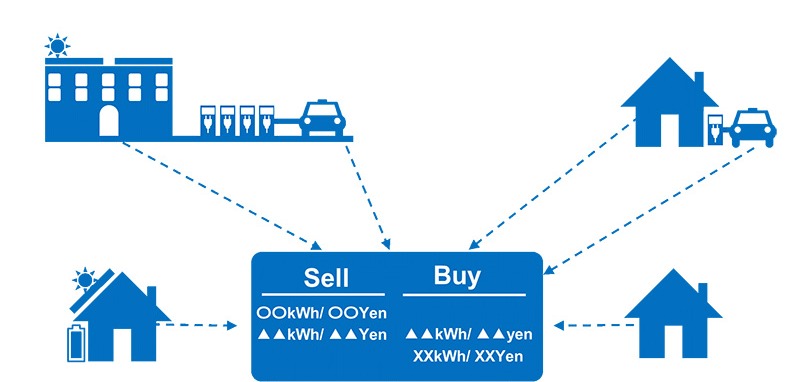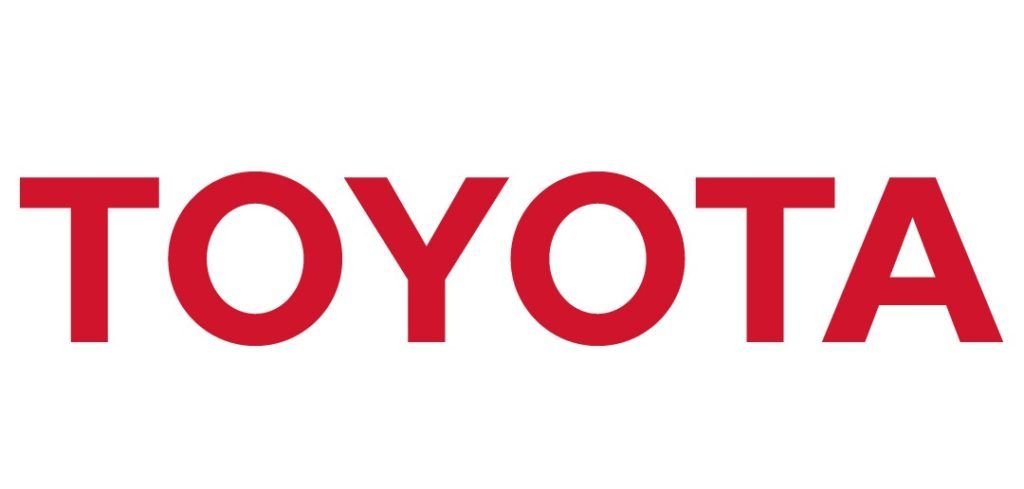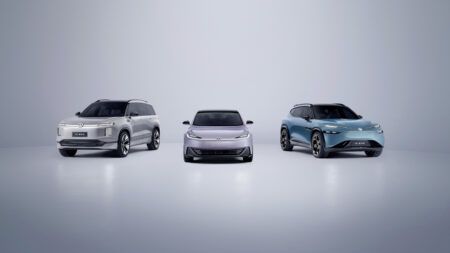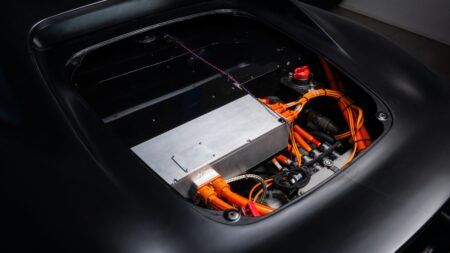In a partnership with the University of Tokyo, Toyota has unveiled that it is to test the world’s first peer-to-peer (P2P) electricity system where PHEV owners can trade power to and from the grid using blockchain.
As a result of power supplies in Japan becoming more widespread with individuals and businesses now owning solar panels to generate their own energy, the grid is shifting from a consolidated system to a distributed system.
The test objective is to look at the economic benefits of having energy-producing individuals who can trade electricity with other consumers via an exchange market, with the ultimate goal of minimizing electricity bills through this P2P system.

This includes plug-in electrified vehicles that connect to the power grid, which are seen as part of the distributed system. It would see owners sell back unused power as well as potentially benefit from lower electricity costs when charging with prices that reflect supply and demand conditions.
Specific steps will include setting up an electricity exchange that can be accessed by households and businesses participating in the test, and the installation of an AI-powered electricity management system – an electricity trading agent – that enables direct trading with other prosumers. The agent places orders to buy and sell electricity according to power consumption and forecasts of the electricity that will be generated by households’ and businesses’ solar panels. Transactions between individuals take place using a defined algorithm that matches buy and sell orders collected in the exchange from each household and business.
The test program will begin on June 17 at Toyota’s Higashifuji Technical Center and surrounding area in Japan.





